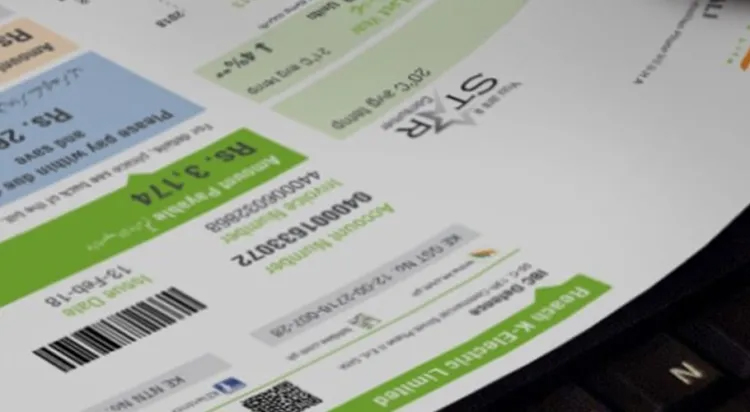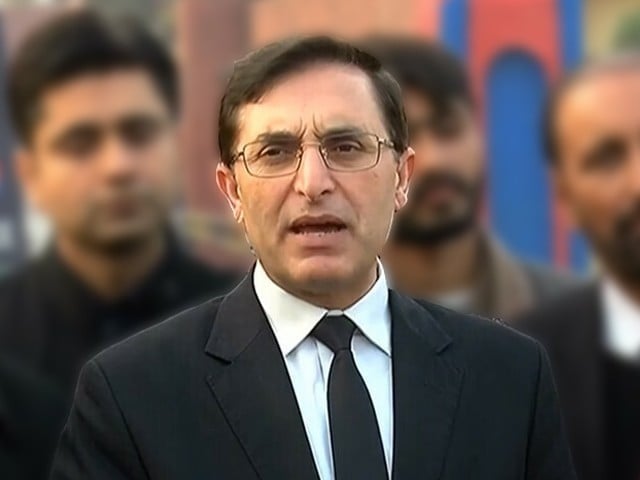New Power Deals with IPPs to Lower Electricity Prices for Poor Consumers

Islamabad: Federal Minister for Energy, Owais Leghari, has announced that new agreements with Independent Power Producers (IPPs) are expected to bring down electricity prices by up to 5 rupees per unit. This move comes after the government decided to reject the current terms for purchasing electricity.
Speaking at a briefing on the “Electricity Facilitation Package” at the Federation of Pakistan Chambers of Commerce and Industry (FPCCI) in Islamabad, Leghari emphasized the crucial role of the business community in driving energy reforms. He revealed that out of 17,000 MW of electricity, only 7,000 MW met the required performance standards.
Leghari shared that the government had terminated agreements with five IPPs and is in the process of negotiating new contracts with 11 others. He also declared that there would be no “sacred cows” in the power sector moving forward. “Revolutionary changes don’t happen through protests, but through solid planning,” he added.
Additionally, agreements with bagasse-powered plants have been completed, which is expected to provide cheaper electricity. Leghari rejected the notion that hydroelectric power is always the cheapest and emphasized that the current reforms are aimed at addressing the sector’s weaknesses.
The Minister also criticized the high electricity rates, describing the current tariff of 26 rupees per unit as significantly higher than the regional average. He assured that the cabinet would soon approve the decision to reject the current electricity purchase terms.
Furthermore, he mentioned that to improve governance in electricity distribution companies (DISCOs), boards of governors have been appointed. As a result of these reforms, losses for the first four months of the fiscal year have been reduced from an expected 350 billion rupees to just 11 billion rupees. Leghari projected that the government’s efforts would lower expected electricity procurement costs over the next ten years from 40 trillion rupees to 32 trillion rupees.





